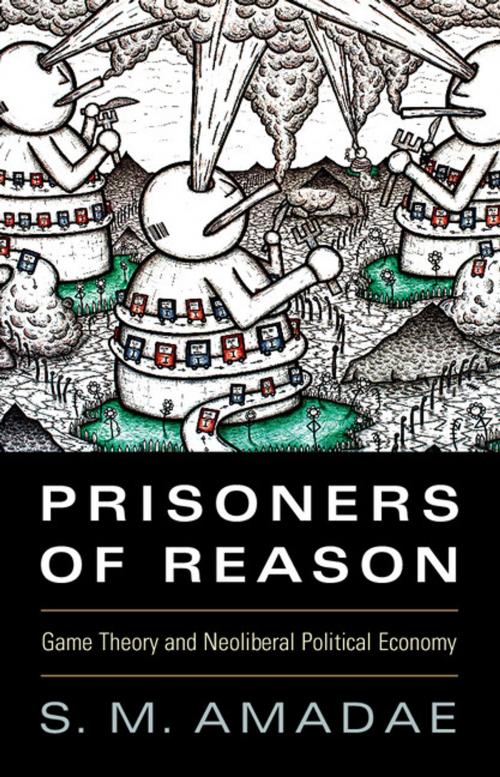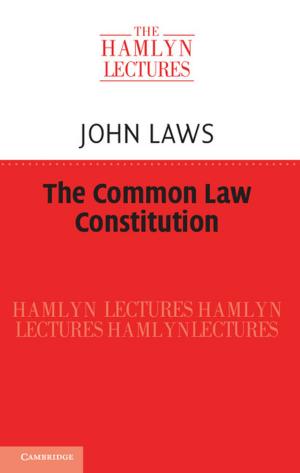Prisoners of Reason
Game Theory and Neoliberal Political Economy
Nonfiction, Social & Cultural Studies, Political Science, Politics, History & Theory| Author: | S. M. Amadae | ISBN: | 9781316443910 |
| Publisher: | Cambridge University Press | Publication: | January 14, 2016 |
| Imprint: | Cambridge University Press | Language: | English |
| Author: | S. M. Amadae |
| ISBN: | 9781316443910 |
| Publisher: | Cambridge University Press |
| Publication: | January 14, 2016 |
| Imprint: | Cambridge University Press |
| Language: | English |
Is capitalism inherently predatory? Must there be winners and losers? Is public interest outdated and free-riding rational? Is consumer choice the same as self-determination? Must bargainers abandon the no-harm principle? Prisoners of Reason recalls that classical liberal capitalism exalted the no-harm principle. Although imperfect and exclusionary, modern liberalism recognized individual human dignity alongside individuals' responsibility to respect others. Neoliberalism, by contrast, views life as ceaseless struggle. Agents vie for scarce resources in antagonistic competition in which every individual seeks dominance. This political theory is codified in non-cooperative game theory; the neoliberal citizen and consumer is the strategic rational actor. Rational choice justifies ends irrespective of means. Money becomes the medium of all value. Solidarity and good will are invalidated. Relationships are conducted on a quid pro quo basis. However, agents can freely opt out of this cynical race to the bottom by embracing a more expansive range of coherent action.
Is capitalism inherently predatory? Must there be winners and losers? Is public interest outdated and free-riding rational? Is consumer choice the same as self-determination? Must bargainers abandon the no-harm principle? Prisoners of Reason recalls that classical liberal capitalism exalted the no-harm principle. Although imperfect and exclusionary, modern liberalism recognized individual human dignity alongside individuals' responsibility to respect others. Neoliberalism, by contrast, views life as ceaseless struggle. Agents vie for scarce resources in antagonistic competition in which every individual seeks dominance. This political theory is codified in non-cooperative game theory; the neoliberal citizen and consumer is the strategic rational actor. Rational choice justifies ends irrespective of means. Money becomes the medium of all value. Solidarity and good will are invalidated. Relationships are conducted on a quid pro quo basis. However, agents can freely opt out of this cynical race to the bottom by embracing a more expansive range of coherent action.















